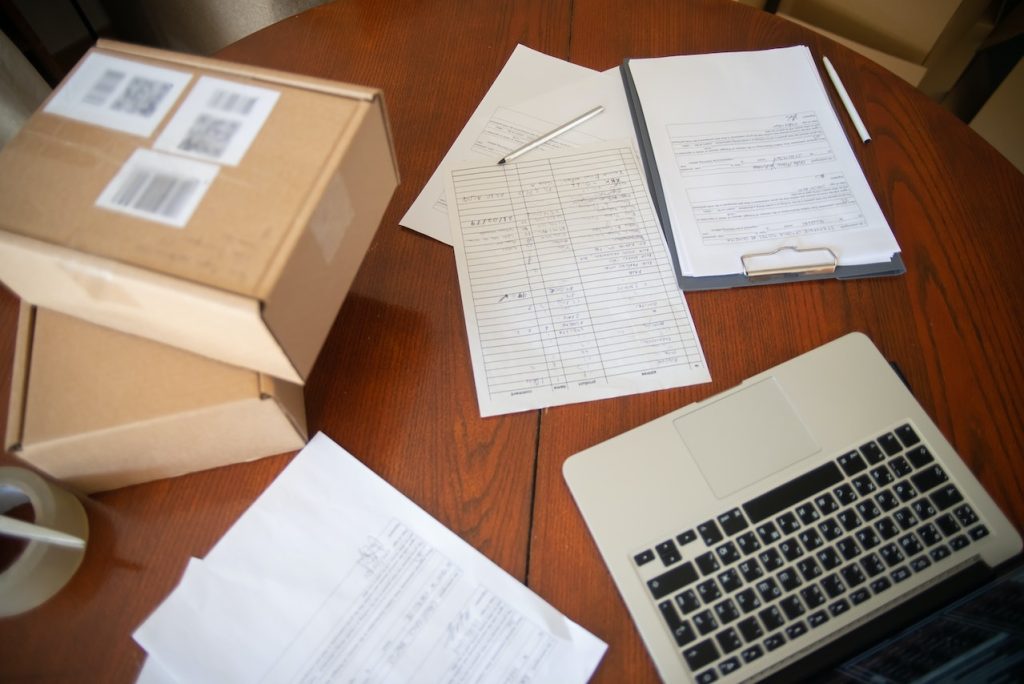
Understanding Malaysian Customs Regulations For Ecommerce Shipping
In the rapidly growing industry of ecommerce shipping malaysia, adhering to customs regulations is critical for smooth and efficient international shipments. Failing to comply with Malaysian customs regulations can result in delays, fines, or even legal action. Therefore, it is crucial for businesses to understand the basics of these regulations, including the necessary documentation and requirements, prohibited and restricted items, and the necessary taxes and duties. In this article, we will delve into these key aspects of Malaysian customs regulations for eCommerce shipping to ensure that businesses can operate effectively in this ever-expanding industry.
The Required Documentation and Requirements:
To ensure smooth customs clearance for international OneShip Ecommerce Shipping, Malaysian customs mandates specific documentation that varies according to the product’s value, weight, and destination. The commercial invoice, bill of lading, and airway bill are among the crucial documentation requirements. Additionally, businesses must obtain both import/export licenses and customs declaration permits. Accuracy and completeness of all documents are crucial to avoid any delays or customs clearance problems.
Prohibited and Restricted Items:
Malaysian customs regulations for eCommerce shipping prohibit and restrict the import and export of certain items. Some examples of prohibited items include:
- Illegal drugs and narcotics
- Counterfeit currency and goods
- Obscene or pornographic material
- Endangered species and products made from them
- Weapons, ammunition, and explosives
In addition to prohibited items, Malaysian customs also restricts the import and export of certain goods. These items may require special licenses, permits, or additional documentation to clear customs. Some examples of restricted items include:
- Pharmaceuticals and medicines
- Radioactive materials
- Live animals and plants
- Precious metals and stones
- Alcohol and tobacco products
It is important for eCommerce businesses to research and comply with Malaysian customs regulations for prohibited and restricted items to avoid penalties or legal issues.
Taxes and Duties:
Malaysia imposes taxes and duties on imported goods through its customs regulations for eCommerce shipping. The amount of taxes and duties depends on the product’s value, weight, and classification.
The main taxes and duties imposed on imported goods include:
- Goods and Services Tax (GST): A 6% tax is imposed on most imported goods.
- Import duty: A percentage of the value of the goods is imposed based on the classification of the product. For example, import duty on clothing is 5%.
- Excise duty: A tax is imposed on specific goods, such as alcohol and tobacco products.
- Sales and Service Tax (SST): A tax of between 5% to 10% is imposed on specific goods and services.
In addition, some imported goods may be exempt from certain taxes and duties under specific conditions, such as if the product is for personal use or if it is below a certain value.
It is crucial for eCommerce businesses to understand and comply with the tax and duty requirements for imported goods in Malaysia to avoid any legal issues or penalties.
Common Customs Issues:
There are some common customs issues that eCommerce businesses may encounter when shipping products to Malaysia. These issues can cause delays or prevent the product from entering the country.
Here are some of the common customs issues that businesses may face:
- Incorrect or incomplete documentation: If the required documentation is not provided or is incorrect or incomplete, customs may hold the shipment and delay clearance.
- Prohibited or restricted items: If the product being shipped is prohibited or restricted by Malaysian customs regulations, it will not be allowed into the country.
- Valuation disputes: If the customs officials determine that the value of the imported product is different from the declared value, there may be a dispute and a delay in the clearance.
- Duties and taxes: If the appropriate duties and taxes are not paid or the value is miscalculated, the shipment may be delayed or held by customs.
- Non-compliance with regulations: Failure to comply with Malaysian customs regulations may lead to the shipment being returned to the country of origin or even seized.
To avoid these issues, eCommerce businesses should ensure that they comply with all customs regulations and provide accurate and complete documentation. They should also research and understand the regulations for prohibited and restricted items, as well as the tax and duty requirements for imported goods.
Conclusion:
In conclusion, particular documents, taxes, and levies are required by Malaysian customs rules for eCommerce shipping. To avoid delays, fines, or product seisure, it is essential for eCommerce enterprises to abide by these rules. The commercial invoice, bill of lading, and airway bill are among the documents that are typically required, depending on the product’s value, weight, and final destination. Businesses also need to get a permit for their customs declaration and an import/export license. It is important to ensure that all documentation is accurate and complete to avoid any customs clearance issues. Prohibited and restricted items may require special licenses, permits, or additional documentation to clear customs. Understanding and complying with these regulations is crucial for eCommerce businesses shipping products to Malaysia.
